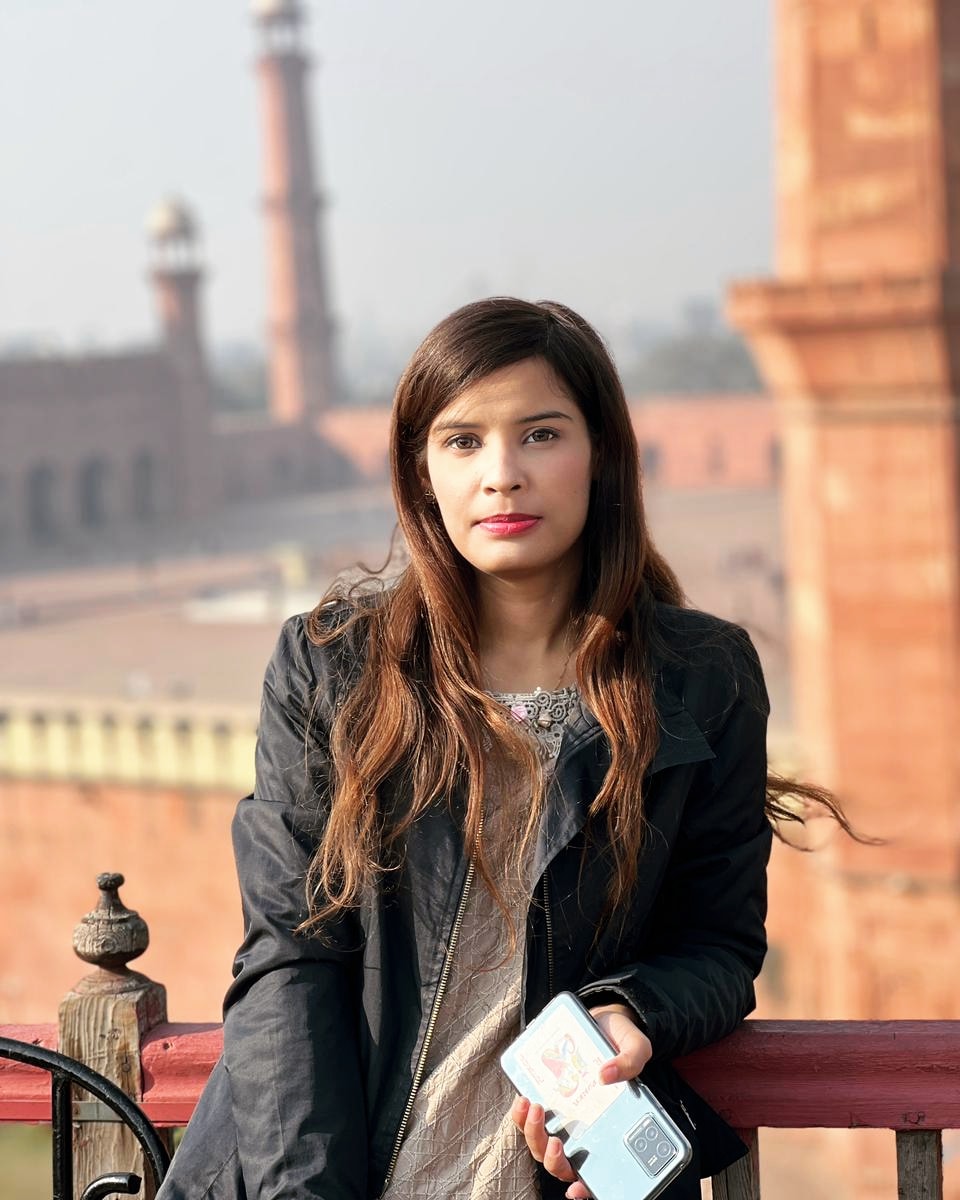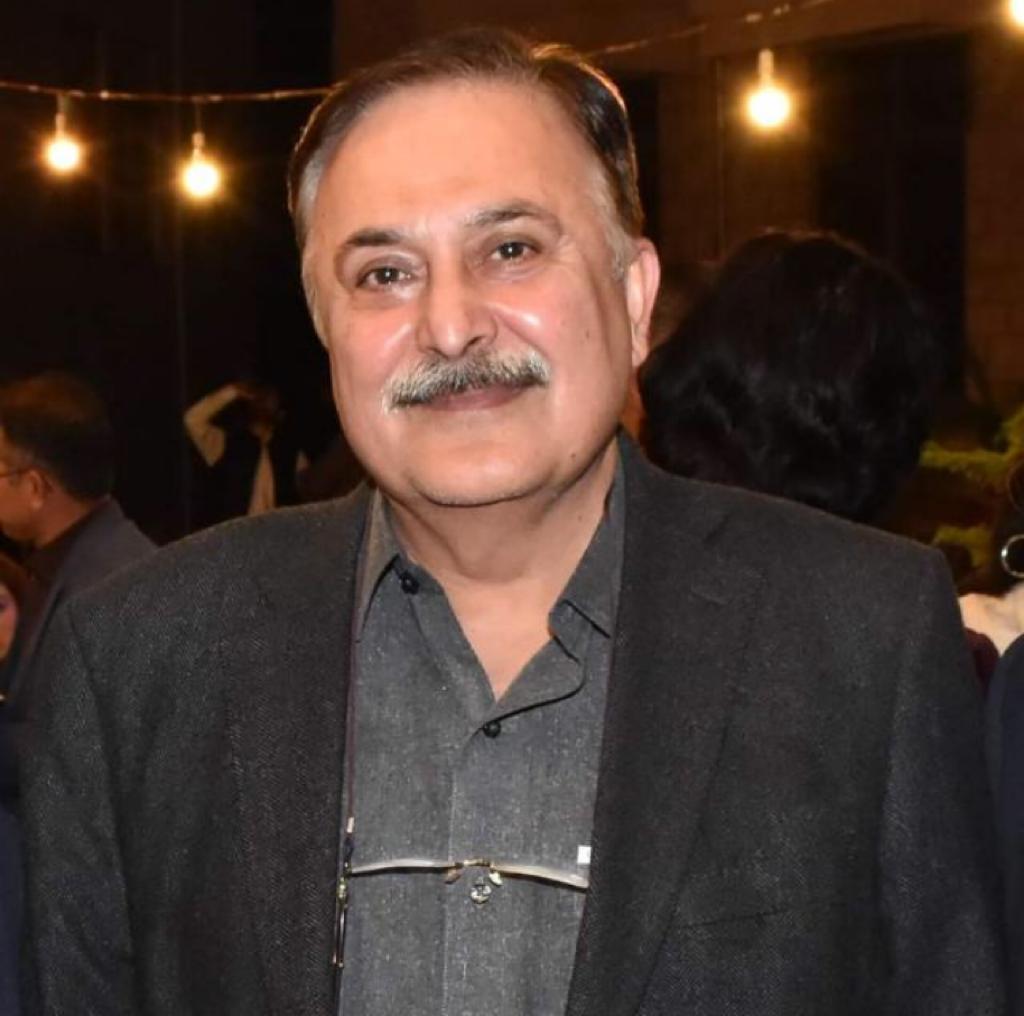Squint - Symptoms, Risk factors and Treatment
Last Updated On Wednesday, February 4, 2026
Squint in Urdu
Squint ایک ایسی حالت ہے جس میں آنکھیں ایک دوسرے کے ساتھ منسلک نہیں ہوتی ہیں۔ نوزائیدہ بچے جب تھکے ہوئے ہوتے ہیں تو عام طور پر نظریں چراتے ہیں، اور اس کے بارے میں فکر کرنے کی کوئی بات نہیں ہے۔ تاہم، اگر بڑے بچوں یا بڑوں میں جھرجھری پیدا ہوتی ہے، تو اس کا علاج کروانے کے لیے وقت پر طبی مدد لینا ضروری ہے۔ اگر اسکوئنٹ کے علاج میں تاخیر ہو جائے تو بینائی کا مستقل نقصان (سست آنکھ) پیدا ہو سکتا ہے۔
Squint in English
Squint, also known as strabismus, is a condition in which both eyes are not aligned properly. One eye turns in a different direction than the other. Squint may occur all the time or may occur sometimes and go.
Types of squint:
The affected eye may turn in any direction. Depending upon the direction of the eye, squint can be divided into four types:
Esotropia Turning of the eye inwards (towards the nose)
Exotropia: Outward turning of the eye (away from the nose)
Hypertropia: Upward turning of the eye
Hypotropia: Downward turning of the eye
Causes of squint:
The exact cause of the squint is unknown. However, many factors are believed to cause squint such as:
Heredity: Some people get squint due to family history and are born with it (congenital squint). It indicates that genes play a role in the development of squint.
Weakness of eye muscles: Different muscles regulate the movement of the eyeball and the alignment of both eyes. In conditions in which muscles of the eye become weakened, like myasthenia gravis, squint can develop.
Loss of proper functioning of nerves supplying eye muscles: Every muscle has a nerve supply that connects it to the brain. Without proper functioning of the nerves, a muscle can’t function. In conditions when nerves supplying the eye muscles, such as the third cranial nerve or oculomotor nerve palsy, strabismus can develop.
Refractive errors: Errors of refraction such as myopia, (short-sightedness), hypermetropia (long-sightedness), or astigmatism can result in a squint.
Retinoblastoma ( cancer of the eye):
Retinoblastoma is a rare type of childhood cancer of the eye that can cause squint. Retinoblastoma begins in the retina- the layer at the back of the eye that helps in converting signals from light to the neural signals that the brain can read.
Other causes: Other than the above-mentioned causes, squint can occur due to different conditions such as:
- Cerebral palsy
- Cataract
- Diabetes
- Glaucoma
- Brain tumor
- Hydrocephalus
- Trauma to the eye
- Down’s syndrome
- Measles
Symptoms of squint:
Squint can be noticeable from a young age. One or both eyes may point in different directions. Your child may close one eye or tilt their head in a certain position for better vision. They may complain about poor vision in one eye or double vision (diplopia)
Treatment of squint:
The squint can be treated with different strategies such as:
Glasses: Glasses help treat a squint if it is due to refractive errors.
Exercises: The doctor may suggest eye exercises to help strengthen the eye muscles.
Surgery: If glasses do not help correct the squint, your doctor may suggest squint surgery in which both eyes are aligned together.
Injections in the eye: Sometimes, eye injections or botox may be suggested to help treat the squint. The injection weakens the muscle in which it is administered which can help align the eye properly.
Complications of squint:
If a squint is not treated on time, permanent complications can occur, such as permanent blurring of vision, a condition called lazy eye, or amblyopia.
Amblyopia is a serious condition in which the brain stops responding to signals from the affected eye, resulting in permanent loss of vision in that eye.
Conclusion:
Squint is a condition in which the eyes are not aligned together. Newborn babies squint normally when they are tired, and that is nothing to worry about. However, if elder children or adults develop squint, it is essential to seek medical help on time to get it treated. If the treatment of a squint is delayed, permanent vision loss (lazy eye) can develop.
Frequently Asked Questions
Squint disease meaning in urdu is Bhenga hona بھینگا ہونا
A squint, also called strabismus, is where the eyes point in different directions. It's particularly common in young children, but can occur at any age. One of the eyes may turn in, out, up or down while the other eye looks ahead. This may happen all the time or it may come and go. Treatment is usually recommended to correct a squint, as it's unlikely to get better on its own and it could cause further problems if not treated early on.
Yes, eye squint can be corrected. Treatment is usually recommended to correct a squint, as it's unlikely to get better on its own and it could cause further problems if not treated early on. Treatment options include glasses, eye exercises, patching, prisms, botulinum toxin injections and surgery.
Squinting can be caused by a number of different factors, including refractive errors (such as nearsightedness), diseases such as diabetes or thyroid problems, cranial nerve palsy, trauma, and sometimes it can be hereditary. It can also be caused by a mismatch between the focus of the eyes and the focus of the brain, or by the eye muscles becoming weak or imbalanced.
The main symptom of squint is the eyes not pointing in the same direction. Other symptoms may include double vision, crossed eyes, the eyes not following objects, eyes turning in or out, or one eye appearing to be higher than the other.







